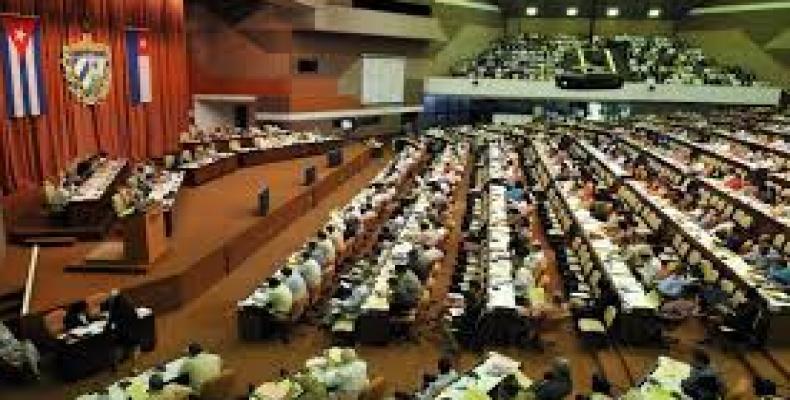Havana, June 7 (RHC-Xinhua)-- A roadmap to implement an ambitious set of economic, social and political reforms has been drawn up in Cuba, after the National Assembly of People's Power recently approved three documents that chart the course towards Cuba's future development.
Last week, the Cuban parliament analyzed, in two extraordinary sessions, the progress of reforms begun in 2010 by President Raul Castro in a document called "Guidelines of the Economic and Social Policies of the Revolution."
The parliament also approved the nation's development plan until 2030 as well as the "conceptualization" of the model, a document which establishes the theoretical base for the country over the coming years.
One of the topics approved by the parliament is the legal framework of the first official recognition of private enterprises and small- and medium-sized businesses.
Although it could take time before any actual changes are felt on the ground, it's the first time since 1959 that the private sector will be treated in the same way as state-owned companies.
"We're not rushing towards a free market economy, nor is our government taking us there. This is a gradual process of transformations, economic diversification and development of a nationalist private sector," according to Rafael Hernandez, a Cuban political analyst.
According to Hernandez, the approval of these documents by the National Assembly is a sign that deep economic and social reforms are coming to Cuba.
The Cuban parliament reaffirmed the one-party political system and state prominence of the socialist economy and important sectors, despite opening up to small private businesses and foreign investment.
Among the most discussed topics in the parliament were the concentration of private property and wealth, issues that sparked a profound debate among lawmakers.
Also approved in the economic and social guidelines are issues related to the role of direct foreign investment, the introduction of advanced technology and know-how and the improvement of local government bodies.
Hernandez said the nation's leadership is aware of the importance of implementing key reforms such as putting an end to the country's double currency system, increasing productivity, efficiency and salaries in the state sector.
Cuba Sets Sustainable Roadmap for Development

Related Articles
Commentaries
MAKE A COMMENT
All fields requiredMore Views
- U.S. lawmakers propose withdrawing from United Nations, saying it no longer serves Washington's interests
- Brazil announces dates for BRICS summit
- Thousands take part in London rally against Donald Trump’s Gaza ownership plan
- Venezuelan government reveals terrorist plans dismantled before January 10th swearing-in of President Nicolas Maduro
- Cuban president congratulates new head of African Union Commission

